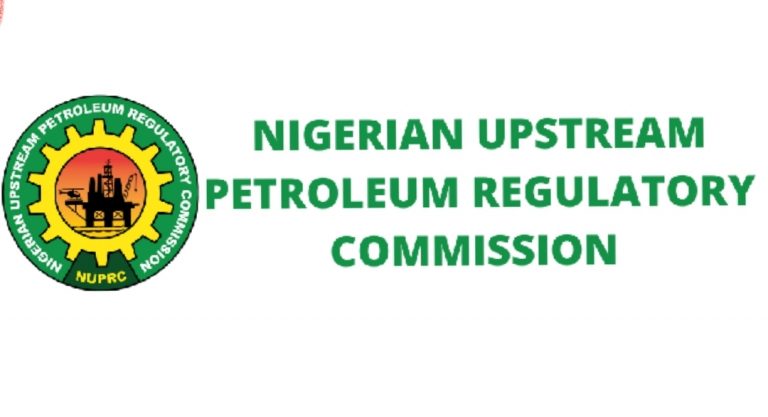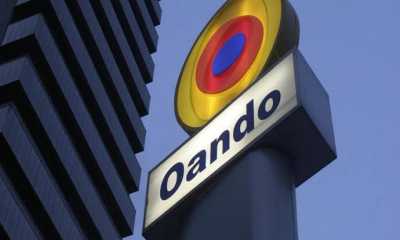Business
Oil Firms Face Export Ban If They Fail to Supply Local Refineries – NUPRC

The Nigerian Upstream Petroleum Regulatory Commission (NUPRC) has issued a stern warning to oil exploration and production companies, insisting they must meet their Domestic Crude Oil Supply Obligations (DCSO) to local refineries or risk losing export permits.
In a circular released on Monday by its Public Affairs Unit, the commission declared that any company failing to deliver crude to Nigerian refineries will not receive export approval for cargoes originally designated for local refining.
The directive comes amid complaints from local refiners, including the Dangote Refinery, about difficulties in securing adequate crude oil supplies. These shortages have sparked concerns over Nigeria’s energy security and self-sufficiency.
Strict Enforcement of Domestic Crude Supply Policy
According to NUPRC Chief Executive, Gbenga Komolafe, any changes to domestic crude supply allocations must receive direct approval from his office.
*”Kindly note that the diversion of crude cargo designated for domestic refineries is a violation of the law, and the Commission will henceforth disallow export permits for such cargoes.
“All cargoes designated for domestic refining can only be altered with the express approval of the Commission Chief Executive. The above is for your strict compliance,”* Komolafe stated in a letter dated February 2, 2025, addressed to exploration and production companies.
He cited Section 109 of the Petroleum Industry Act (PIA) 2021, which mandates stable crude supply to local refineries to ensure national energy security.
Komolafe further emphasized that NUPRC has already taken regulatory actions to enforce compliance, including:
- Signing the Production Curtailment and Domestic Crude Oil Supply Obligation Regulation 2023
- Developing a DCSO framework and procedure guide
Dangote Refinery Struggles Amid Supply Shortages
NUPRC’s data shows that Dangote Refinery, the country’s largest, is expected to process 550,000 barrels per day and 17.05 million barrels per month in the first half of the year.
However, insiders at the refinery claim that the government has failed to meet this demand, with some suppliers demanding partial payment in U.S. dollars—a condition that has further complicated crude procurement for local refining.
Stakeholder Tensions Over Policy Implementation
To address the ongoing supply challenges, NUPRC convened a stakeholder meeting last weekend with over 50 key industry players, including refiners and oil producers.
At the meeting, refiners accused producers of preferring to export crude rather than supply local refineries, forcing them to seek alternative sources. Producers, on the other hand, claimed that refiners often failed to meet commercial and operational agreements, making it difficult to sustain local supply.
Despite the blame game, both parties agreed that NUPRC’s enforcement measures were necessary and pledged to work towards compliance.
Regulator Warns of Sanctions for Non-Compliance
The commission reiterated that it will not tolerate further violations of domestic crude supply regulations. It urged refiners to adhere to global procurement and operational standards, while reminding producers that any deviation from the DCSO policy requires express approval before crude can be exported.
With Nigeria striving for energy self-sufficiency, the regulator has made it clear: oil firms must prioritize local supply—or face the consequences.
Kindly contact us @ info[@]wordspired.com.ng
Call or Whatsapp: +234 803 951 2443, +234 902 474 4290
-

 News5 years ago
News5 years agoOmar Bolaji Gambari: The new Mr. Fix It in Aso Rock?
-

 News5 years ago
News5 years agoYou are in trouble, Shekau threatens Chadian President Idris Deby
-

 News5 years ago
News5 years agoMaryam Onikijipa-Belgore: Living an Impactful Life for the Downtrodden
-

 Entertainment5 years ago
Entertainment5 years agoAfro fusion act TYMZY set to excite music fans with debut collection
-

 Entertainment5 years ago
Entertainment5 years agoSaidi Balogun’s latest movie White/Funfun hits the market, making waves on YouTube
-

 News5 years ago
News5 years agoDutch top football league may be cancelled
-

 News5 years ago
News5 years ago“Ego is the major problem affecting Yoruba race” – Oba Frederick Akinruntan
-

 Entertainment5 years ago
Entertainment5 years agoFunke Akindele, JJC Skillz sentenced to 14-day community service












